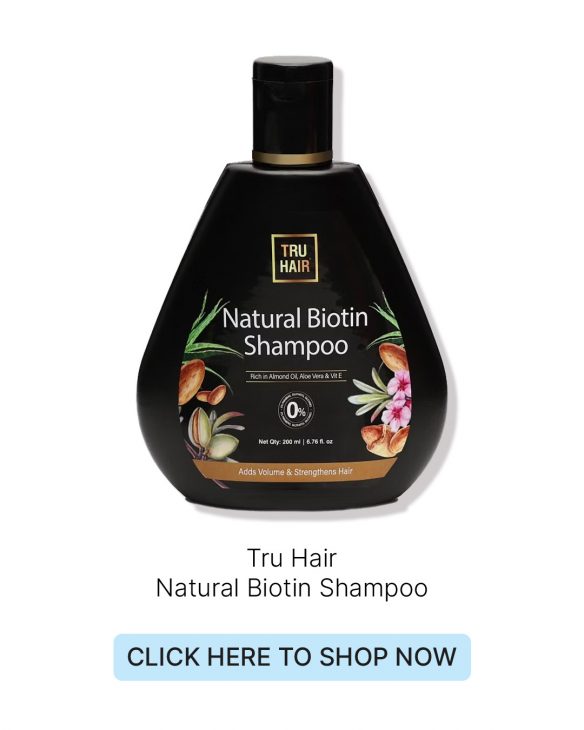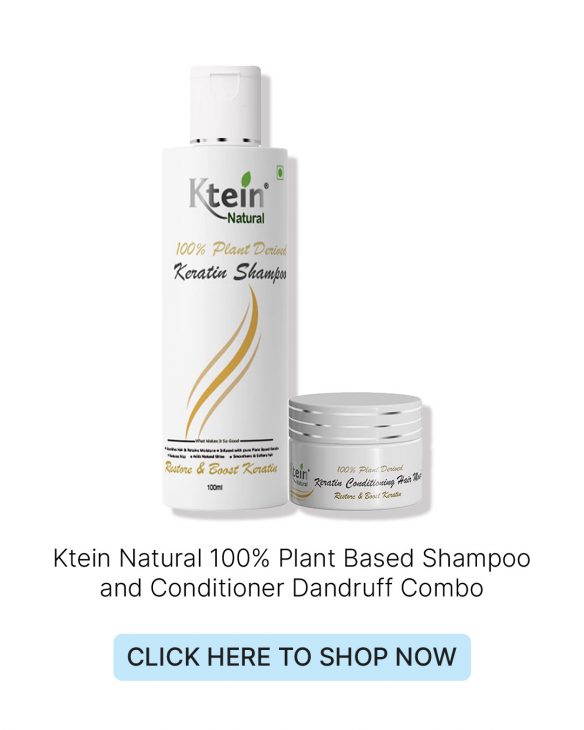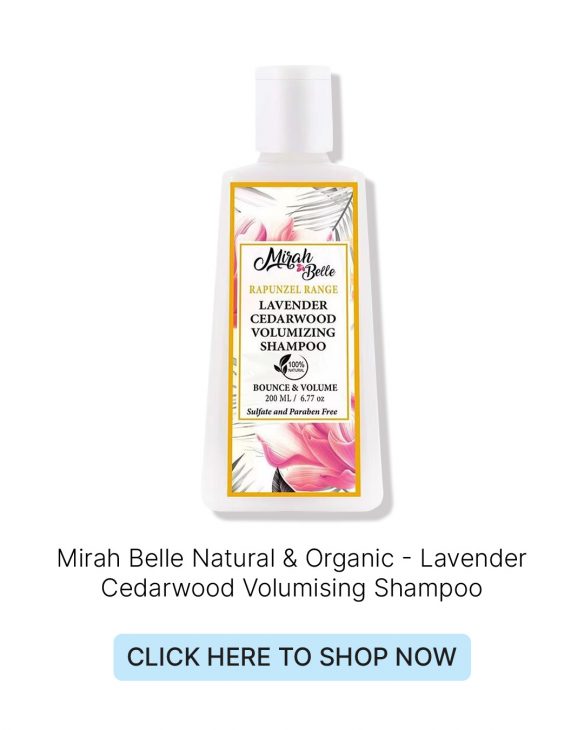Choosing the right shampoo can feel overwhelming. With organic and chemical shampoos both vying for your attention, how do you decide? Let’s break it down to help you make the best choice for your hair, health, and the planet.
Ingredient Analysis: Natural vs. Synthetic Components
When it comes to what’s inside the bottle, the difference between organic and chemical shampoos is vast.
Organic Shampoos: Nature in a Bottle
Organic shampoos are typically packed with plant-based ingredients like:
- Botanical extracts: Aloe vera, chamomile, and green tea to soothe the scalp.
- Essential oils: Lavender and tea tree oil for a natural fragrance and antimicrobial benefits.
- Natural surfactants: Coconut-derived cleansers that are gentler on the scalp.
These ingredients focus on cleansing while retaining moisture, which can lead to softer, shinier hair.
Chemical Shampoos: The Synthetic Approach
Conventional shampoos, on the other hand, rely on synthetic chemicals such as:
- Sulfates: These create that rich lather but can strip your hair of natural oils.
- Parabens: Preservatives that extend shelf life but may cause irritation or hormonal disruptions.
- Artificial fragrances: Often linked to allergies and sensitivities.
While chemical shampoos are effective at cleansing, they can sometimes leave your hair feeling dry or your scalp irritated.
How Ingredients Affect Hair Health
The ingredients in your shampoo play a significant role in maintaining your hair’s health.
Moisture Retention
Organic shampoos excel at preserving natural oils, keeping your hair hydrated. Sulfates in chemical shampoos, however, might leave hair dry and brittle, especially for those with curly or colour-treated locks.
Scalp Sensitivity
Sensitive scalps often fare better with organic shampoos due to their mild formulations. Chemical shampoos may exacerbate issues like itching or flaking.
Overall Hair Strength
Natural ingredients like argan oil or hibiscus strengthen the hair shaft over time. Synthetic shampoos might deliver short-term shine but can weaken hair with prolonged use due to harsher chemicals.
Environmental Impact: Sustainability in Haircare Choices
The impact of your shampoo extends beyond your shower. Let’s look at how organic and chemical shampoos fare when it comes to the planet.
Organic Shampoos: Gentle on Nature
- Biodegradable Ingredients: Organic shampoos often break down naturally, reducing water pollution.
- Sustainable Sourcing: Many brands prioritise ethically sourced ingredients and eco-friendly packaging.
Chemical Shampoos: The Environmental Toll
- Non-Biodegradable Compounds: Synthetic chemicals can persist in waterways, harming aquatic life.
- Packaging Waste: Conventional shampoos are often packaged in single-use plastics, contributing to landfill overflow.
By choosing organic shampoos, you’re not only nurturing your hair but also supporting a more sustainable future.
Effectiveness and Performance: Do Organic Shampoos Deliver Results?
One of the biggest myths about organic shampoos is that they don’t work as well as their chemical counterparts. But is that true?
Cleansing Power
Organic shampoos may not lather as much, but they clean effectively without stripping natural oils. Chemical shampoos offer a richer lather, but it’s largely cosmetic and doesn’t necessarily mean better cleaning.
Lather Quality
The rich foam of chemical shampoos is due to sulfates. Organic shampoos use milder surfactants, producing less lather but still getting the job done.
User Satisfaction
Many users report that organic shampoos improve the texture and health of their hair over time. While chemical shampoos provide immediate results, the long-term effects can include dryness or damage.
Cost Comparison: Are Organic Shampoos Worth the Investment?
Organic shampoos often come with a higher price tag, which might make you wonder if they’re worth it.
Why Are Organic Shampoos More Expensive?
- Ingredient Sourcing: Organic shampoos use high-quality, sustainably sourced ingredients.
- Production Methods: Smaller batch production and eco-friendly practices drive up costs.
Are They Worth It?
If you value your hair’s health and care about the environment, organic shampoos are a worthwhile investment. Their long-term benefits can outweigh the initial cost.
Top Organic Shampoos On Smytten
FAQs
1. What makes organic shampoos better for scalp health?
Organic shampoos use natural ingredients like botanical extracts and essential oils, which soothe the scalp and reduce irritation, making them a healthier choice for sensitive skin.
2. Can organic shampoos give the same results as chemical shampoos?
Yes, organic shampoos cleanse effectively and improve hair health over time, even though they may lather less compared to chemical shampoos.
3. Why are organic shampoos more expensive than chemical shampoos?
Organic shampoos often use sustainably sourced, high-quality ingredients and eco-friendly production methods, which contribute to their higher cost but provide long-term benefits for your hair and the environment.
Final Thoughts
When it comes to organic shampoos vs. chemical shampoos, there’s no one-size-fits-all answer. Your choice depends on your hair type, scalp sensitivity, and personal values. Organic shampoos are ideal for those looking for gentle, sustainable care, while chemical shampoos can deliver quick results for those without sensitivities. Whichever you choose, understanding the ingredients and their impact can help you make a more informed decision for your hair and the planet.















